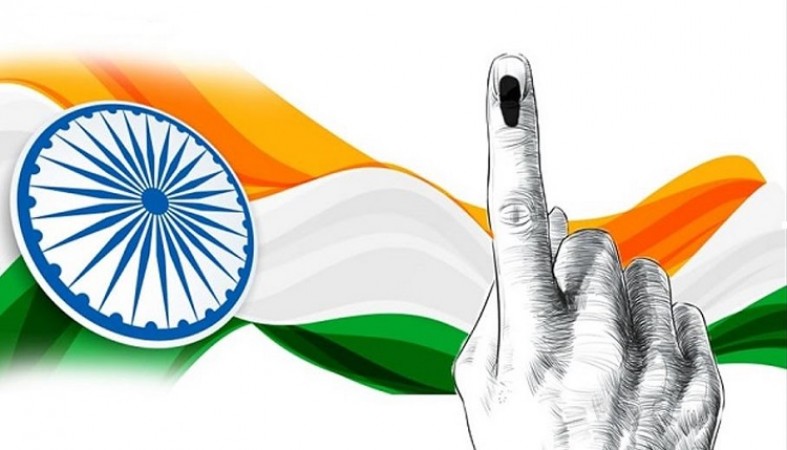
NEW DELHI: Amidst swirling rumors about the potential implementation of simultaneous elections or the "One Nation One Election" concept for the upcoming 2024 Lok Sabha Elections, officials from the Law Commission have divulged their efforts to formulate a strategy for synchronizing all state assembly elections. This endeavor aims to either extend or shorten the tenure of these assemblies to facilitate the conduction of state elections concurrently with the Lok Sabha polls starting from the year 2029.
The ultimate goal of the Law Commission is to harmonize and enact the "One Nation One Election" provision for India's electoral process in time for the 2029 Lok Sabha Elections. It's noteworthy that the government, led by Prime Minister Narendra Modi, has already established a high-level panel to explore the feasibility of holding simultaneous elections for the Lok Sabha, state legislatures, and local governing bodies.
According to reports, the Law Commission may also be tasked with incorporating the third tier of elections, encompassing local bodies, into its current mandate, which primarily focuses on national and state-level elections. The commission is actively developing a mechanism to establish a unified electoral roll for the Lok Sabha, state assemblies, and local governing bodies. This initiative is designed to reduce costs and the utilization of manpower, streamlining an almost identical process that is currently managed separately by the Election Commission and various state election commissions.
To achieve the synchronization of various assembly elections and ensure that both state and Lok Sabha elections are held concurrently from 2029 onwards, the Commission, under the guidance of Justice Ritu Raj Awasthi, may propose adjustments to the duration of legislative assemblies. Furthermore, they are working on a system that guarantees voters visit the polling booth only once to cast their ballots for both sets of elections.
Given that assembly and parliamentary elections are presently conducted in phases, the Commission is devising strategies to ensure that voters need not make multiple trips to polling stations during these elections. While the Commission's current mandate focuses on suggesting ways to hold assembly and Lok Sabha elections in tandem, the high-level committee led by former president Ram Nath Kovind has been entrusted with the responsibility of recommending how Lok Sabha, assembly, and local body elections (including panchayat, municipalities, and zila parishad) can be synchronized.
One potential suggestion from the Law Commission could be to conduct the three-tier elections in two distinct phases within a single year. In the first phase, Lok Sabha and assembly polls could be organized, and in the second phase, local body elections could take place.
Back in August 2018, the previous Law Commission had endorsed the Modi government's proposal to hold simultaneous elections for the Lok Sabha and state assemblies. It argued that this approach would prevent the country from being in a perpetual state of election campaigning. However, it emphasized the need for further public discourse on the matter before arriving at a final decision. The draft report from the panel also highlighted that conducting these two sets of elections simultaneously would necessitate changes in the existing constitutional framework.